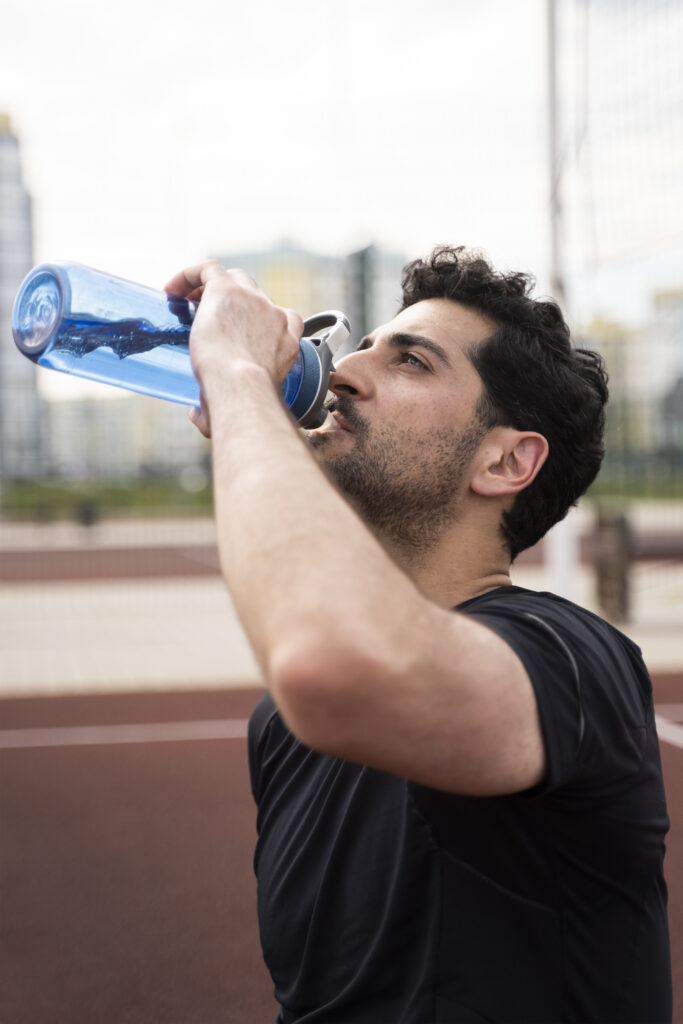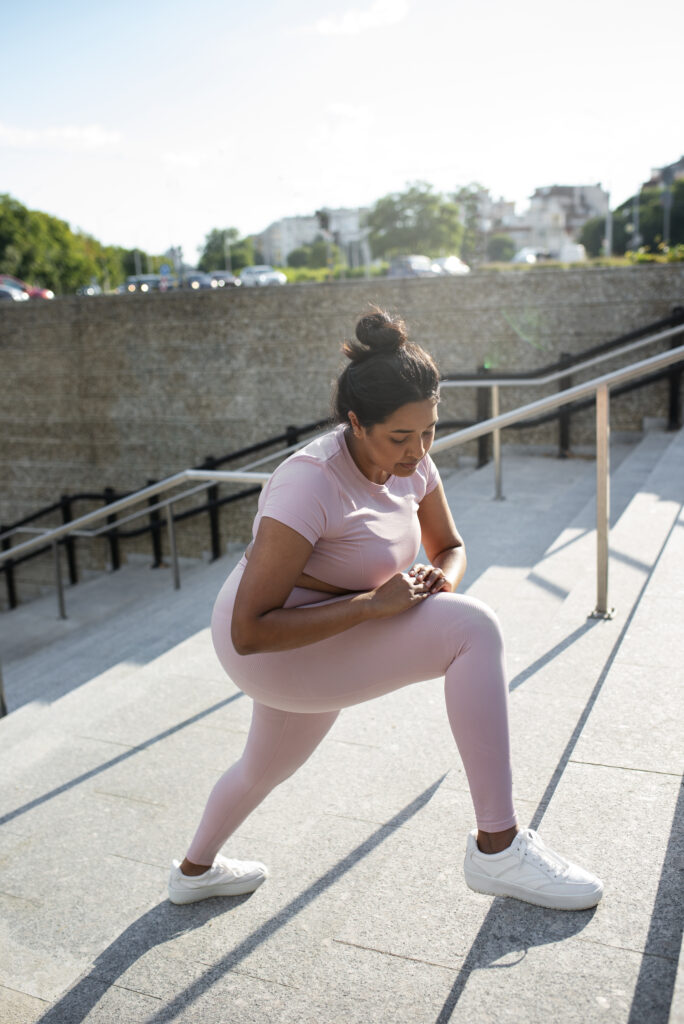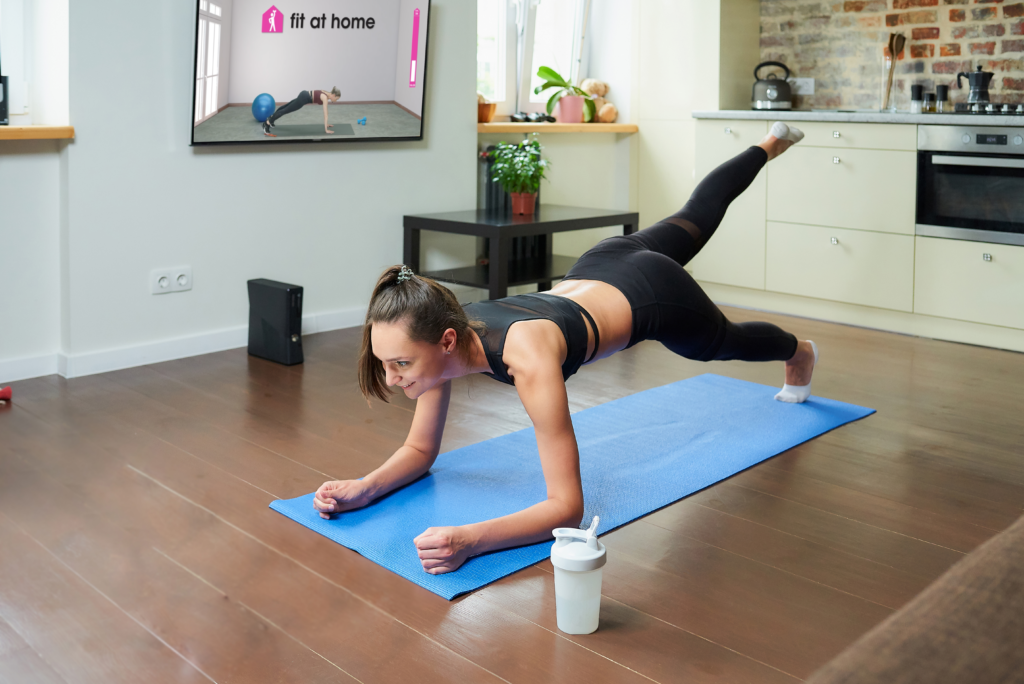Staying hydrated is crucial for overall health, and when it comes to working out, proper hydration becomes even more essential. Whether you’re a fitness enthusiast or just starting your fitness journey, the significance of drinking water during exercise cannot be overstated. In this blog post, we’ll explore why hydration is key to a successful workout and how it can positively impact your performance.
The science behind hydration
Hydration during a workout is crucial for optimal performance and health. As you exercise, your body loses water through sweat, which must be replenished to maintain balance. Electrolytes, such as sodium and potassium, play a key role in fluid balance and muscle function.

Drinking water alone may dilute electrolyte levels, so sports drinks or electrolyte-enhanced water can be beneficial. Dehydration can impair cognitive function, increase heart rate, and hinder endurance.
Optimal performance starts with hydration
When you engage in physical activity, your body temperature rises, and you start sweating to cool down. Sweating is the body’s natural way of regulating temperature, but it also means you’re losing water. Dehydration can lead to fatigue, muscle cramps, and dizziness, all of which can hinder your performance. By staying hydrated, you ensure that your body functions optimally, allowing you to push yourself further and achieve better results.
Improved endurance and energy levels
Water plays a vital role in maintaining your energy levels during a workout. Dehydration can lead to a decrease in blood volume, making your heart work harder to pump blood to your muscles. This can result in early fatigue and a drop in endurance. By drinking water before, during, and after your workout, you help maintain adequate blood volume, keeping your energy levels up and enhancing your endurance.

Prevent muscle cramps and injuries
One common consequence of dehydration is muscle cramps. Lack of fluids can cause your muscles to contract involuntarily, leading to discomfort and, in some cases, injuries. Staying well-hydrated helps prevent these cramps, ensuring that your muscles function smoothly throughout your workout. This is particularly important during intense or prolonged exercise sessions.
Facilitate nutrient transport
Hydration is not just about water; it also involves the balance of electrolytes in your body. Electrolytes, such as sodium and potassium, play a crucial role in muscle function and nutrient transport. When you drink water, you support the distribution of these essential electrolytes, aiding in the efficient transport of nutrients to your cells. This, in turn, enhances recovery post-exercise.
Tailoring hydration to your workout
The amount of water you need can vary based on factors like the intensity and duration of your workout, as well as environmental conditions. It’s essential to listen to your body and drink water accordingly. A general guideline is to consume about 17-20 ounces of water 2-3 hours before exercising, 8 ounces 20-30 minutes before, and 7-10 ounces every 10-20 minutes during the workout. Adjust these recommendations based on individual factors and the specific demands of your exercise routine.
Post-workout hydration
After completing your workout, replenishing lost fluids is crucial for recovery. Rehydrate with water, and consider consuming a balanced post-workout snack or meal that includes both carbohydrates and protein. This aids in muscle recovery and replenishes glycogen stores.
Stomach discomfort
One of the common issues associated with drinking water during exercise is stomach discomfort. When you engage in physical activity, blood is diverted away from your digestive system to supply your muscles with the oxygen they need. Consuming water while your body is in full workout mode may lead to bloating, cramps, or that unpleasant sloshing feeling in your stomach.

Reduced exercise performance
Believe it or not, excessive water consumption during a workout can actually hinder your performance. When you drink large amounts of water, you risk diluting the electrolytes in your body, which are essential for muscle contractions and nerve impulses. This electrolyte imbalance can lead to fatigue, muscle weakness, and a decrease in overall exercise efficiency.
In conclusion, staying hydrated is a fundamental aspect of any successful workout routine. By making a conscious effort to drink water before, during, and after exercise, you provide your body with the support it needs to perform optimally, reduce the risk of injuries, and enhance recovery. So, the next time you hit the gym or embark on a run, make sure to keep that water bottle by your side – your body will thank you for it.
Transform your TV into your personal gym!

Fit at Home
Fit at Home is the NUMBER ONE sports app in Europe. Turn your living room into your own gym with more than 500 workouts for the whole family. Transform your TV into your personal yoga studio, fitness club, or meditation space. Fit at Home is available 24/7 on-demand, allowing you to exercise wherever and whenever you want with just a press of the remote control.
We love to make you move!
✓ Work out in front of your tv whenever you want
✓ 24/7 on-demand with more than 500 workouts
✓ For the whole family

With Fit at Home you can achieve your goals, whether you want to lose weight, improve your balance with Pilates, build strength, keep exercising during your pregnancy etc. Home workouts offer a convenient and efficient way to stay active and healthy. With minimal equipment and a dash of motivation, you can create a well-rounded workout routine that targets various muscle groups and improves cardiovascular fitness.